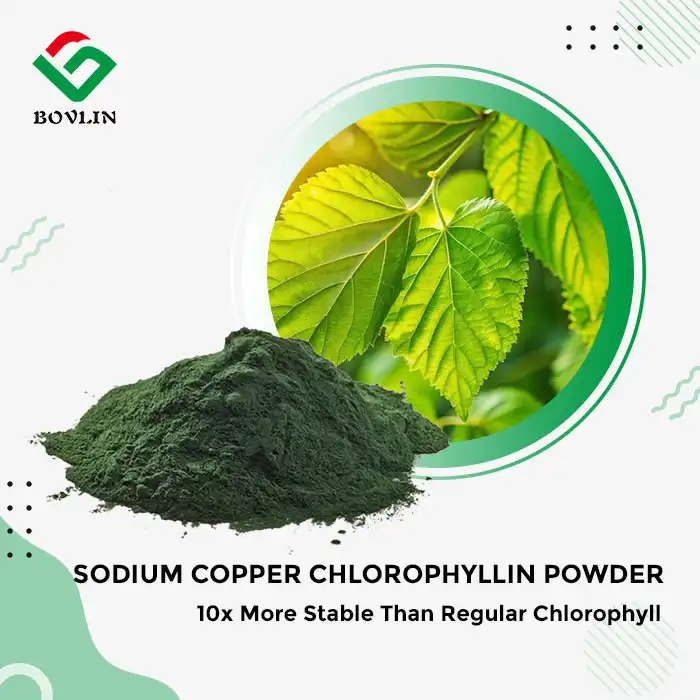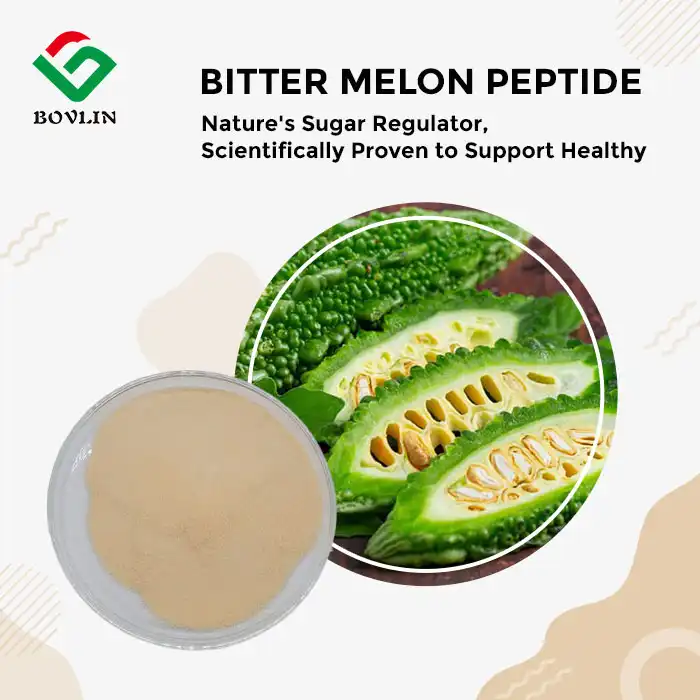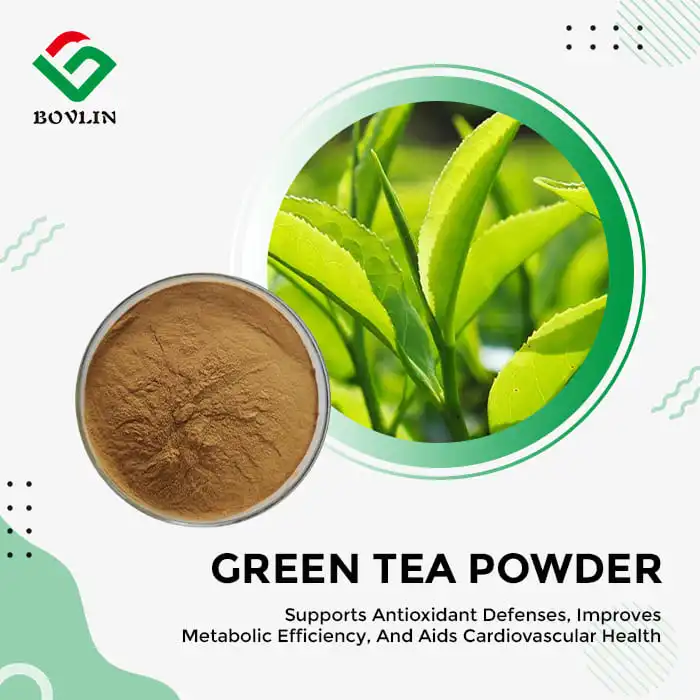How is Instant Black Tea Powder Manufactured?
Tea Leaf Selection and Processing
The production of instant black tea powder begins with the careful selection of premium black tea leaves. These leaves are typically harvested from the Camellia sinensis plant, known for its rich polyphenol content. After harvesting, the leaves undergo withering, rolling, and oxidation processes to develop the characteristic flavor and color of black tea.
Extraction and Concentration
Once the tea leaves are processed, they are subjected to a hot water extraction method. This step involves steeping the leaves in water at specific temperatures to extract the essential compounds, flavors, and aromas. The resulting tea extract is then concentrated through evaporation, removing excess water while preserving the tea's beneficial components, forming the base for instant black tea extract powder.
Drying and Pulverization
The concentrated tea extract undergoes a sophisticated drying process, often utilizing spray-drying or freeze-drying techniques. These methods rapidly remove moisture while maintaining the integrity of the tea's compounds. The dried product is then finely ground into a powder, ensuring quick dissolution when added to water or other liquids. This final step creates the instant black tea powder that manufacturers can easily incorporate into their products.

Key Ingredients in Instant Black Tea Powder
Polyphenols and Catechins
Instant black tea powder contains a rich concentration of polyphenols, particularly catechins and theaflavins, which are recognized for their powerful antioxidant properties. These bioactive compounds play a significant role in neutralizing free radicals, thereby supporting overall cellular health and reducing oxidative stress. During production, advanced extraction and drying techniques are employed to retain a high percentage of these polyphenols, closely mimicking the antioxidant profile of freshly brewed black tea. As a result, instant black tea powder not only offers convenience but also delivers many of the same health-promoting benefits as traditional tea.
Caffeine Content
Caffeine, a naturally occurring alkaloid in black tea, is retained in the instant powder form to preserve its energizing effects. Known for enhancing alertness and reducing fatigue, caffeine contributes to the stimulating qualities that many consumers seek in tea beverages. The exact caffeine content in instant black tea powder can vary based on the tea variety, leaf maturity, and processing techniques used. Manufacturers often tailor caffeine levels during formulation to cater to specific market demands, including regular, low-caffeine, or decaffeinated versions, ensuring that consumers have options that suit their lifestyle or dietary needs.
Flavor Compounds and Tannins
The authentic taste of black tea is largely attributed to its complex profile of flavor compounds and tannins, both of which are preserved in the instant powder format. Tannins, in particular, are responsible for the astringency and bold mouthfeel commonly associated with black tea. Flavor molecules such as volatile oils and aromatic compounds also contribute to the nuanced sensory experience. By carefully controlling drying temperatures and extraction parameters, manufacturers are able to maintain flavor consistency across batches. This allows instant black tea powder to deliver a reliable, high-quality flavor that aligns with consumer expectations.
Comparison: Instant vs. Traditional Black Tea Forms
Convenience and Efficiency
Instant black tea powder offers significant advantages in terms of convenience and efficiency compared to traditional loose-leaf or tea-bag forms. For manufacturers, the powder format eliminates the need for steeping and straining processes, reducing production time and simplifying product formulation. This efficiency is particularly valuable in large-scale production environments where consistency and speed are paramount.
Flavor Profile and Customization
While traditional black tea forms allow for nuanced flavor extraction through controlled steeping, instant black tea powder, including instant black tea powder bulk, provides a standardized flavor profile. This consistency can be advantageous for manufacturers aiming to maintain uniform taste across products. However, it may limit the ability to capture some of the subtle flavor notes present in whole leaf teas. Nonetheless, instant black tea powder offers opportunities for customization through blending with other ingredients or flavors to create unique product offerings.
Storage and Shelf Life
Instant black tea powder generally boasts a longer shelf life compared to traditional tea forms. Its low moisture content and concentrated nature make it less susceptible to degradation over time. This extended shelf life is beneficial for manufacturers, as it allows for more flexible inventory management and reduces the risk of product spoilage. Additionally, the powder form requires less storage space than loose leaf or bagged teas, potentially optimizing warehouse efficiency for businesses dealing with large quantities of tea products.
Conclusion
Instant black tea powder represents a versatile and efficient option for manufacturers in the food and beverage industry. Its concentrated form, ease of use, and consistent flavor profile make it an attractive ingredient for various applications. While it may not replicate the exact experience of traditionally brewed black tea, instant black tea powder offers unique advantages in terms of convenience, shelf life, and scalability. As consumer demand for tea-based products continues to grow, instant black tea powder is likely to play an increasingly important role in product innovation and development across multiple sectors.
Contact Us
For more information about our high-quality instant black tea powder and how it can enhance your product offerings, don't hesitate to get in touch with us at sales1@bovlin.com. Our team of experts is ready to assist you in finding the perfect black tea solution for your manufacturing needs.











